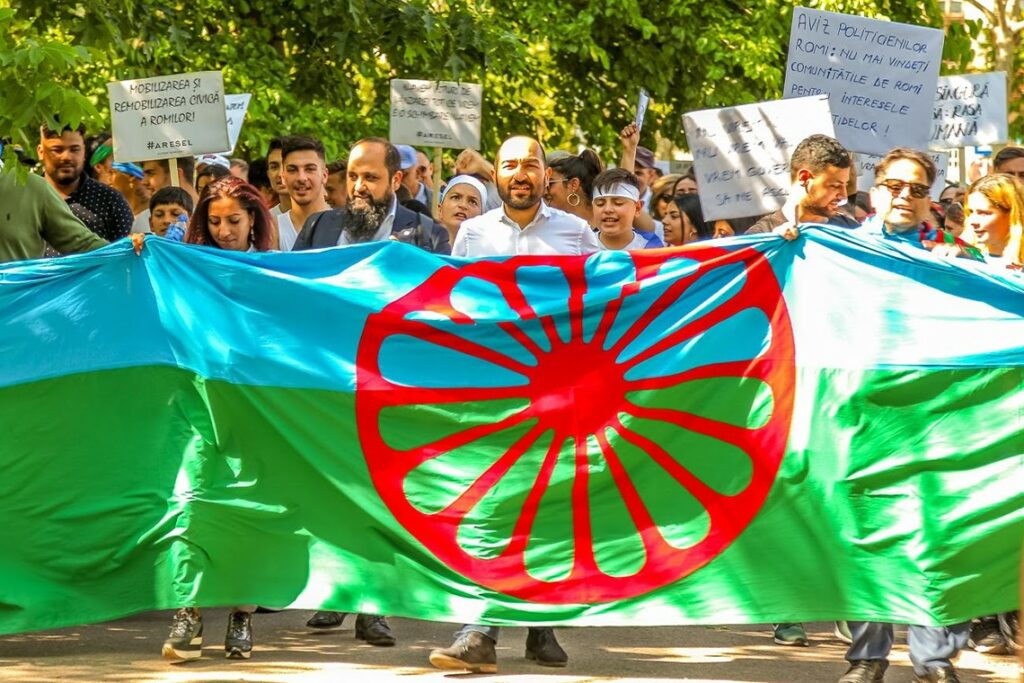The recent European Elections have been hailed as a successful exercise in democracy with a record voter turnout but for the Roma, Europe's largest and most discriminated ethnic minority, the election results were a disappointment.
Population figures are uncertain but according to the most quoted estimates, 10-12 million Roma are living in the EU and the candidate countries. They continue to face high levels of discrimination in their daily lives and serious challenges in accessing equal rights and services in housing, education, employment and health care. They are also far from being empowered in their home countries and in the EU.
The outgoing European Parliament included four members (out of 705 members) of Roma origin, from Spain, Germany, Hungary and Slovakia, i.e. about 0,5 % of the total. The incoming Parliament, with 720 members, will not include any Roma MEP, according to the Brussels based Roma Foundation for Europe.
According to their information, there were three Roma candidates from the Czech Republic, two from Slovakia, three from Hungary and one from Bulgaria but none of them were elected. All of these countries have relatively large Roma minorities.
Romania, the country with the largest Roma minority, did apparently not include any Roma candidate in the election lists. Thorsten Schröder, lead communications advisor for the Roma Foundation, cautioned that it is important to note that it is difficult to make assumptions about a candidate's ethnic background if it is not publicly declared.
Asked how many Roma MEPs could theoretically have been elected, in proportion to the size of the Roma minority, he replied that there is no straightforward answer to the question because of their fragmented number across EU member states. A cautious estimate, comparing their number with the population in a small country like Denmark (ca 6 million inhabitants) would result in up to 15 MEPs.
Surveys in Bulgaria and Romania showed that over 70 % of the Roma respondents said that they had not been contacted by any political party before the European elections. Leading political parties are missing out on an important opportunity, explained Zeljko Jovanovic, President of the Roma Foundation, and pointed to the negative consequences.
“Being overlooked by main parties, combined with economic inequality and discrimination that Roma often are facing, erode trust and the belief in democracy among Roma, pushing them to abstain from voting and other political activity or, even worse, pushing them into the hands of anti-European forces."
“Roma, which has the highest proportion of young people, should be an obvious constituency for politicians committed to equality, democracy and the rule of law to reach out to, mobilise and deliver public services to,” he added.
The overall voter turnout in the European Elections was 51 %, a slight increase from the figure in 2019 (50,7 %). The turnout varies widely by country, from 89,8 % in Belgium, where voting is compulsory, to 21,3 % in Croatia. Voter turnout was low in Bulgaria (33,8 %) and Slovakia (34,4 %) but high in Hungary (59,3 %) and Romania (52,4 %) so this factor alone cannot explain the non-representation of Roma in the European Parliament.
M. Apelblat
The Brussels Times

